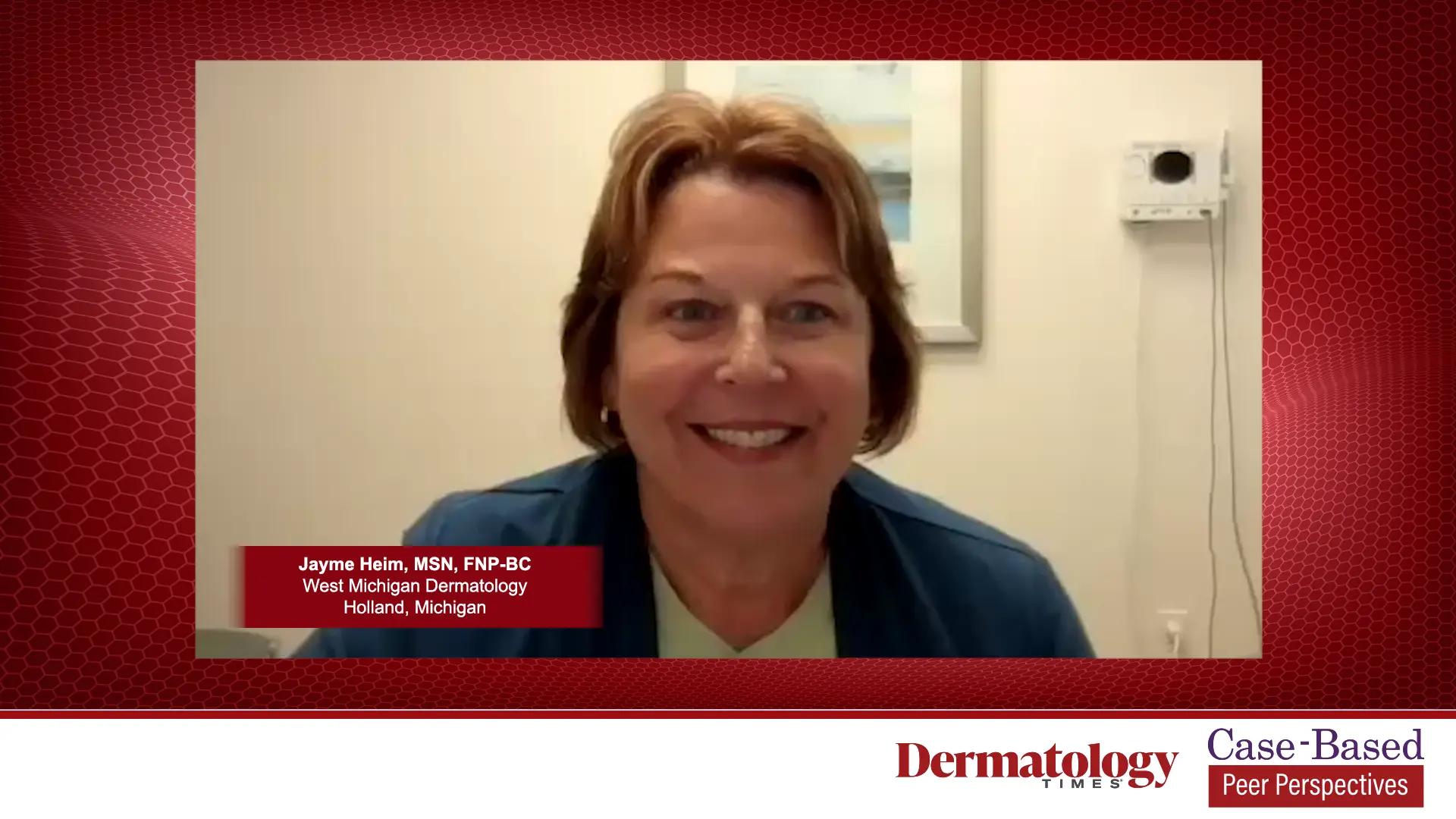- General Dermatology
- Eczema
- Chronic Hand Eczema
- Alopecia
- Aesthetics
- Vitiligo
- COVID-19
- Actinic Keratosis
- Precision Medicine and Biologics
- Rare Disease
- Wound Care
- Rosacea
- Psoriasis
- Psoriatic Arthritis
- Atopic Dermatitis
- Melasma
- NP and PA
- Skin Cancer
- Hidradenitis Suppurativa
- Drug Watch
- Pigmentary Disorders
- Acne
- Pediatric Dermatology
- Practice Management
- Prurigo Nodularis
Article
Taking political shift into account
Author(s):
While the future for investors and savers is, as always, a bit cloudy, it's likely that sticking with the basics will continue to be your best bet.

That makes some investors and savers nervous. After all, Democrats like to raise taxes, and they don't seem to look on business with the same fondness as do the Republicans.
Doesn't all this mean that our investment and retirement accounts are in for a tough time over at least the next few years?
Not necessarily, say many of the experts.
Writing in http://SmartMoney.com/, Ray Hennessey predicts that the Democrats will do the unexpected - extend the Bush tax cuts. He says that Democrats still believe those tax cuts favor the rich, but they fear that raising taxes now could put them back in the minority in the next election.
"The one thing politicians love above all else is getting re-elected."
Philadelphia Inquirer columnist Jeff Brown agrees. He says that Congress won't tamper with the tax cuts for five years.
"Two national elections come first. Who knows how the balance of power will change by then?"
According to a recent Associated Press article, small business groups see few meaningful changes in government policy toward smaller companies resulting from the power shift in Congress.
"The issues haven't changed; a lot of the new people elected certainly campaigned on and understand the issues important to small business," says Dan Danner, senior vice president for public policy with the National Federation of Independent Business, a Washington-based advocacy group.
"Fortunately, the issues that affect small business don't have party labels, so we're very hopeful that the new Congress will care about the things that our small business owners care about - available and affordable health care, fewer lawsuits and fewer burdensome regulations," he tells Dermatology Times.
Rose-colored glasses?
Of course, not everyone agrees with this rosy assessment of the seismic change in Washington.
Writing in http://Marketwatch.com/, Robert Powell says that investors need to act now in order to keep more of their money later. He feels that a Democratic Congress will probably not extend the Bush tax cuts, allowing income taxes to rise as early as 2011.
For those who agree with Mr. Powell, this may be the time to shift retirement account assets from 401(k) accounts to Roth IRAs in anticipation of rising income tax rates. Deposits to Roth accounts are not tax deductible, but withdrawals at retirement are tax-free. Those of us who have reached the age of mandatory withdrawals from retirement accounts can understand the huge advantage of tax-free withdrawals after retirement.
Remember, however, that shifting assets from a 401(k) to a Roth will trigger an immediate tax bill based on current rates. If you see any likelihood of making the switch, you'll want to do it while tax rates are still the lowest they've been in many years. Before making such a move, you should consult with your accountant or other tax advisor.
Get estate in order
A major concern for many small business owners is the estate tax.
Democrats in Congress have strongly opposed the liberal treatments applied by the Republicans over the past few years.
Under current law, the first $2 million of an estate is exempt from federal taxes, and the top tax rate is 46 percent. As the law stands now, future changes will expand favorable treatment for small business owners through 2010.





